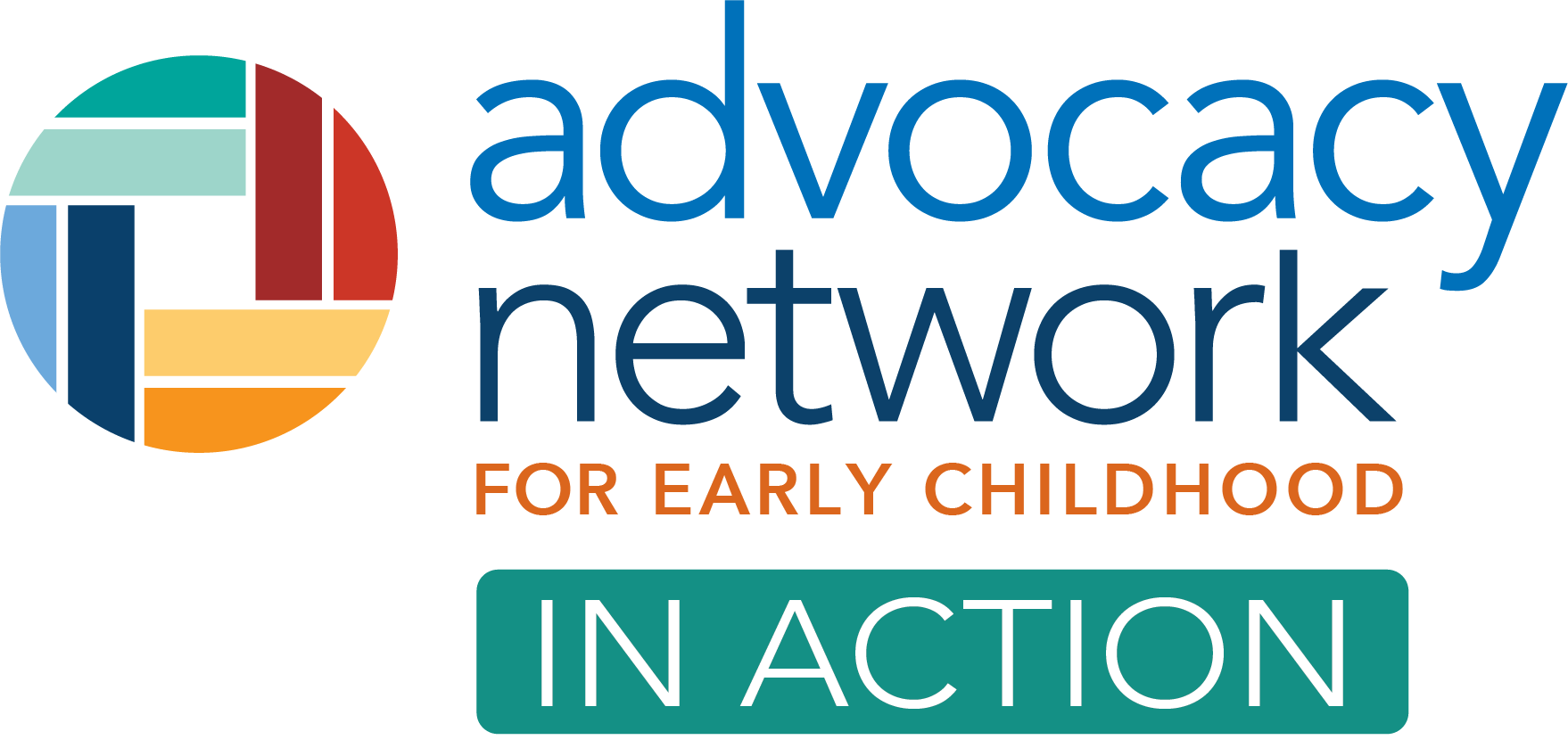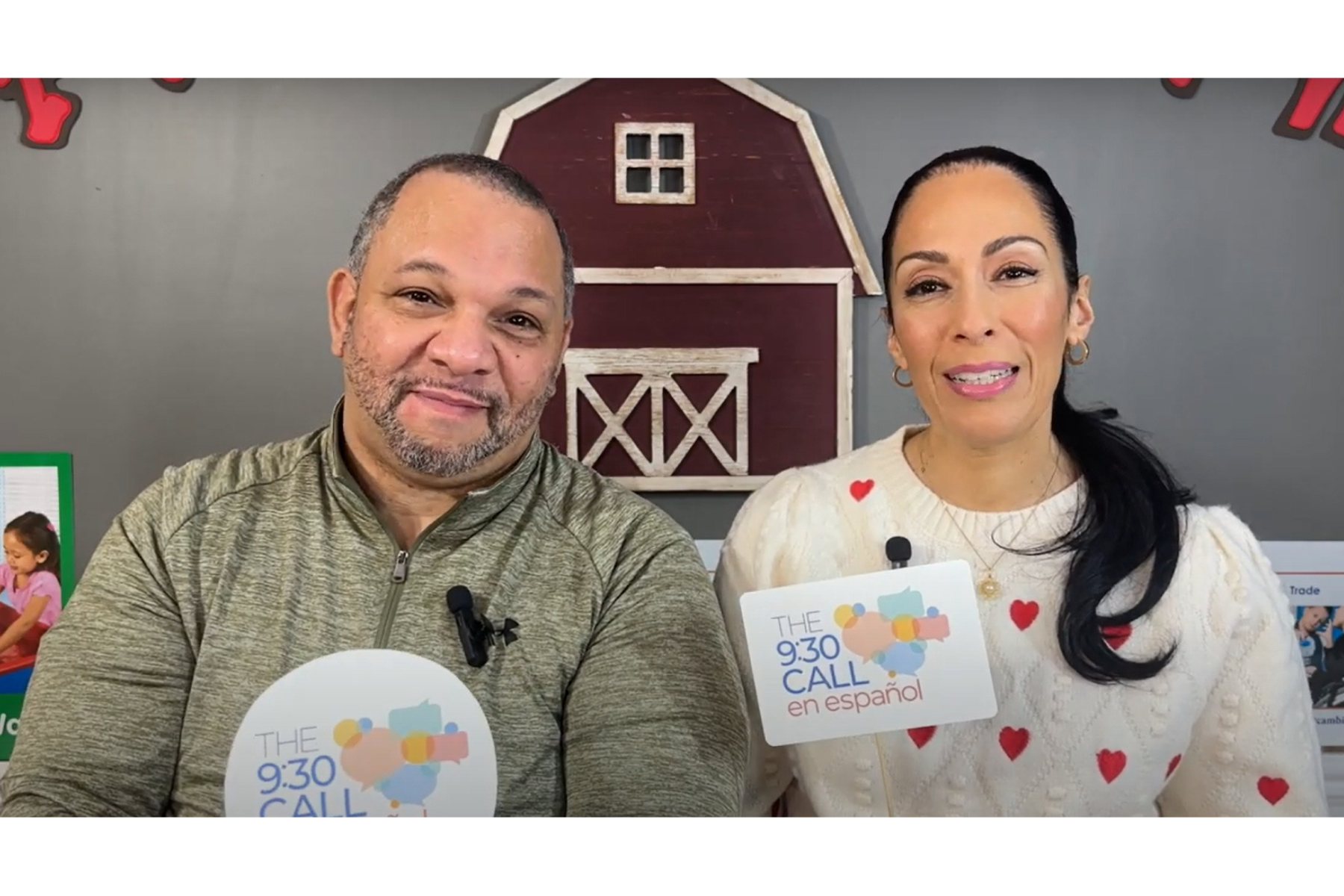When Paula A. Echeverri Durango moved from Colombia, where she earned her bachelor’s degree, to New York City, where she worked as a nanny, she lived through many of the challenges of being a child care provider.
There was the struggle to be a provider and to be a parent to her own son. There was the long commute from New Jersey, where she could afford to live, to the Manhattan home of the wealthy family she worked for. There was the daily race to get back to New Jersey through the traffic-clogged Lincoln Tunnel to pick her son up from his child care program. And there was the fourth time she was late picking up her son, when his program’s providers’ called the police and said she was a bad mother.
“I said, Listen, I’m a single mom. I don’ have any relatives. I’m not a bad mother. I’m just someone who has to work.”
Then Paula met Harold Blanco, an Industrial Engineer living in Massachusetts. They dated for a few years. They talked about getting married and getting a house in Massachusetts.
“The first thing Paula said about the house,” Harold recalls, “is that we have to have a house where she could build a child care business.”
“I knew about everything she was doing in New York. And in my mind, I thought maybe you can be a teacher in one of the schools in Springfield, but she always wanted to have her own program.”
Paula set up a child care program in her living room. She applied for a state license. She cared for a child whose father gave her a key gift: He helped her incorporate her child care business “Paula’s Barn Inc” for free. Word of mouth spread, and in three weeks her child care business was full.
Meanwhile, Harold continued his work at the firearms manufacturer Smith and Wesson.
When the pandemic hit, Governor Charlie Baker temporarily shut down child care programs. And Paula had a flashback.
“I remembered being a single mom, who did everything to survive. And among our parents, we had doctors and nurses who were trying to do the same—for themselves and for others. I needed to help them.”
It was the drive of those early days that pushed her to quickly submit an application to the state to become an emergency child care provider.
Drawing on her own experience as a parent who needed flexible child care, Paula made it easy for the parents who came to her. Parents could drop their kids off early if they needed to. They could also pick their children up late.
“Don’t worry,” she would tell parents. “We are here for you.”
Harold started working from home during the pandemic, and he also started helping Paula with the business and the cooking. Then he was laid off.
“But I was working with Paula all the time, and I thought, Wow, this is great. Seeing kids’ joy, seeing how they grow, the things that they ask. I was coming from a corporate job and then losing that job and feeling sad, but I would come downstairs and open the door, and there’s a kid saying “Mr. Harold!” and hugging me, and it was awesome!”
Harold completed the training to become a certified child care assistant. Since then, Paula, Harold, and their business have all continued to grow. Harold also works in real estate, earning an income from rental properties.
In 2019, Paula signed up for CDA classes at Springfield Technical Community College, where she met Marcela Simpson, who also became Paula and Harold’s mentor and coach. Simpson worked with Paula to create and teach one of the Professional Learning Community (PLC) courses to be offered by Strong Start and Holyoke Community College in Spanish. The course is about how to market a child care business.
“After the first class we noticed that people wanted to stay on and talk to us,” Paula says. “They had a lot of questions even though they already had their Child Care license. And I told Harold there is a big information gap for Spanish-speaking providers.”
Paula started translating important information into Spanish. She kept answering questions and providing coaching. She shared what she knew using WhatsApp. And Paula and Harold also began attending a monthly affinity group for child care providers and leaders in Western Massachusetts that’s held in English.
“We research information. We share new resources. We’re providing for each other,” Harold says of the affinity group. And he and Paula share what they’ve learned with Spanish-speaking providers.
More change came when Simpson told them about Strategies for Children’s Advocacy Network. When Titus DosRemedios, Strategies’ deputy director, started explaining what advocacy was, Paula and Harold realized that this was what they had already been doing.
“We always try to raise needs, to say, Hey, we need more information in Spanish for providers who are not fluent in English,” Harold says.
“We want to break the stigma for Latino family child care providers that just because there’s a language barrier, that doesn’t mean that we are not professionals,” Paula adds.
Not surprisingly, Paula and Harold formalized the work they were doing and created ECCHO-Latino (or Educadores Comprometidos por la Calidad de la Educación Infantil en el Hogar—Latino), once again using WhatsApp to create a community where people can share questions and answers. They started with seven people and now they have about 50. They vet information and share it, drawing on Strategies for Children’s 9:30 Call and information from organizations like Neighborhood Villages and the United Way of Massachusetts Bay.
“Our business is demanding and at the end of the day people are exhausted and they say, that’s enough, I don’t want to sit down at the computer and get overwhelmed with more professional material,” Paula says.
She understands their feelings, but she and Harold know that to be more successful, it is crucial to keep up with research, network with colleagues, and speak up about how the profession can grow and prosper.
Paula and Harold have also been helping to organize and host The 9:30 Call at Night in Spanish. Marcela Simpson joined them as the first guest speakers.
Ask Paula and Harold how their profession should change and they have important answers.
“Let me start,” Harold says, “because for me, coming from a different industry where I was paid well, and I was able to support my family, I want that same feeling for early educators. I want them to be paid accordingly.”
“We’re in the field, and we’re providing such an important service to young children.”
“My point,” Paula says, “is that early educators have to have more training in their own language.”
“For family child care providers, we are discriminated against because they don’t see us as educators. They see us as babysitters. They say, Don’t worry, just take care of my child. I want to be at the same level as educators in public school. We should have the same benefits.”
There is also the human work that family child care providers like Paula and Harold do. As Paula explains:
“We are here every day, and we become more than child care providers. We provide social-emotional support. We support parents’ cultural needs. We become part of families.”



